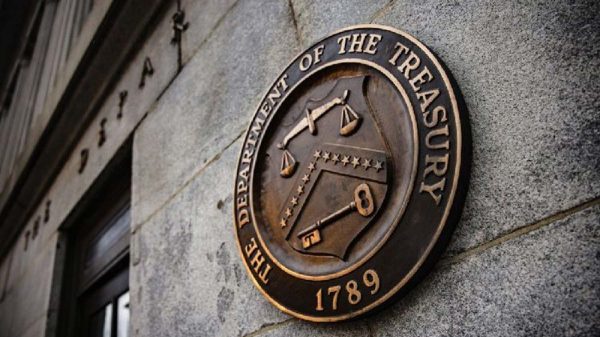In a surprising move, China has proposed new guidelines aimed at curbing excessive gaming and spending, leading to a significant decline in market value for major gaming companies Tencent and NetEase. The draft guidelines released by China’s National Press and Publication Administration have sent shockwaves throughout the gaming industry, causing investors to question the viability of existing business models. This article explores the impact of the proposed regulations on Tencent and NetEase, as well as the wider implications for the online gaming market in China.
Market Turmoil
Following the announcement of the new guidelines, Tencent, a leading Chinese technology conglomerate and owner of the popular messaging app WeChat, experienced a staggering $43.5 billion loss in market value. Tencent’s shares tumbled by 12.4%, closing at HK$274, the lowest level since November 2022. NetEase, another major player in the online gaming industry, saw its shares plunge by 24.6%, resulting in a market capitalization loss of approximately 115.1 billion Hong Kong dollars ($14.7 billion). Bilibili, a prominent social media site with a significant portion of its revenue derived from Chinese domestic gaming, also suffered a 9.7% decrease in share value.
Industry Impact
The proposed guidelines are seen as a setback for the online gaming industry in China. The regulations require game developers to refrain from providing or endorsing high-value or expensive transactions in virtual entities, among other restrictions. Daily login rewards will be banned, and limits on recharging must be imposed with warnings for users displaying “irrational consumption behavior.” Although the guidelines aim to address concerns surrounding gaming addiction and excessive spending, they have raised doubts about the sustainability of existing business models that rely on incentives and rewards to attract and retain users.
Analyst Perspectives
Industry analysts have expressed concerns about the impact of the new regulations on the gaming market. Brian Tycangco, an analyst at Stansberry Research, noted that the regulatory move casts doubt on the viability of existing business models, which heavily rely on incentives and rewards. The market was hoping for a more favorable outcome, and the unexpected guidelines have created uncertainty among investors. However, Vigo Zhang, vice-president of Tencent Games, emphasized that the measures do not fundamentally alter the online gaming business model and operations. He viewed the guidelines as supportive of the industry, encouraging the innovation of high-quality games.
Broader Regulatory Environment
China’s gaming industry has faced increasing scrutiny and regulation in recent years. In 2021, President Xi Jinping attributed rising myopia rates and adverse psychological effects among the youth to addiction to online gaming. Consequently, regulations were introduced limiting the playing time for children under 18 to three hours per week, with specific time restrictions. The proposed guidelines on online gaming expenditure and activities are part of a broader effort to address these concerns and promote healthier gaming habits.
Future Outlook
While the immediate impact of the new regulations has been significant, it remains to be seen how the gaming industry will adapt and respond. Investors are eager for further clarity on the guidelines and improved coordination between industry stakeholders and regulators. The future of the online gaming market in China will depend on the ability of companies like Tencent and NetEase to adapt their business models to comply with the regulations while continuing to innovate and provide high-quality gaming experiences.











